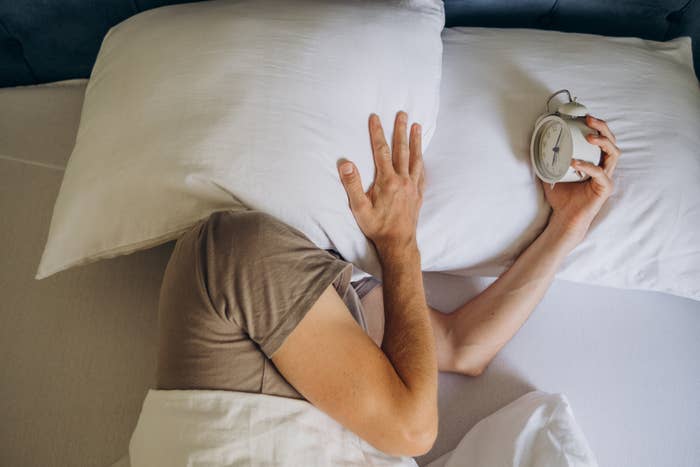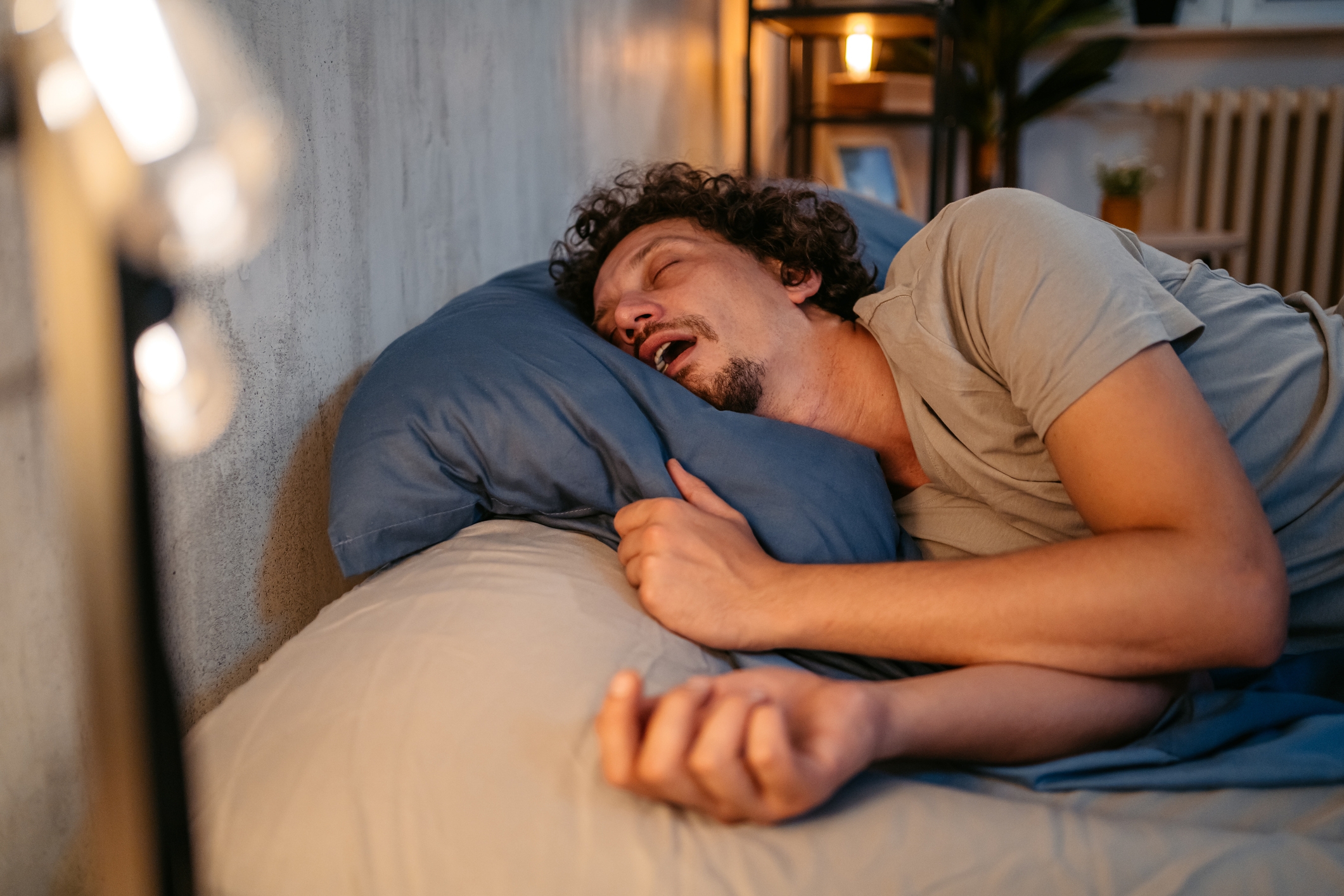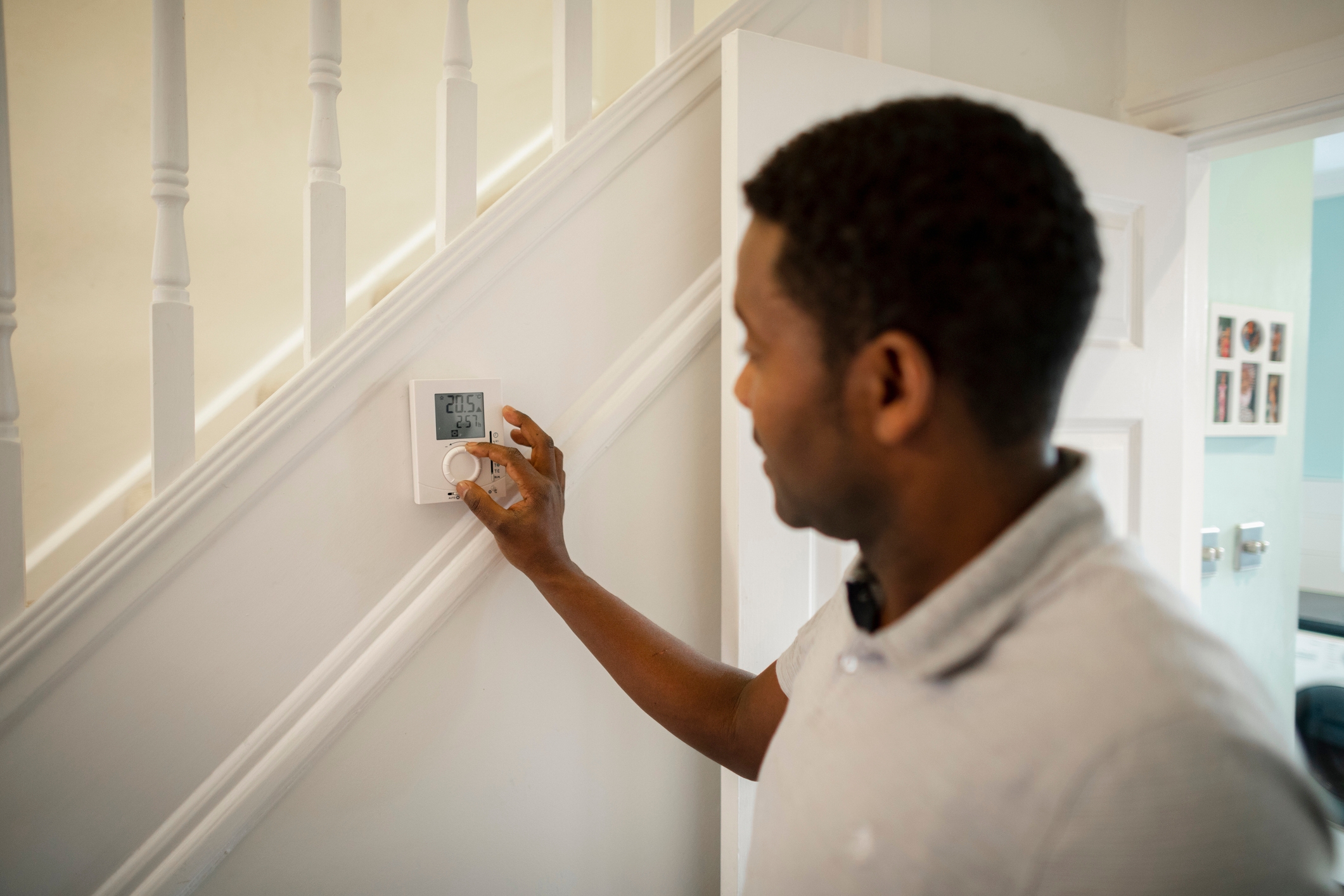Is your nighttime routine actually smash your eternal rest ?
We all need sleep. And chances are, we can all do a better job at getting more of it. Maybe you’ve even tried some hacks and advice to improve your sleep quality, but you’re not sure if it’s making a difference.
So, doctors, we want to hear from you: Which “helpful” bedtime tips are actually harmful? What are the biggest sleep hygiene mistakes people have no idea that they’re making?
Maybe you’ve found that some people think that watching their favorite TV show helps them wind down and relax before bed — and just dimming the screen’s light or using ‘night mode’ makes it perfectly fine. In reality, the exposure toblue lightdisrupts the natural sleep cycle and hasother adverse health effects. So, you recommend avoiding screens two to three hours before bedtime.
Perhaps you’ve heard people recommend “making up” for a lack of sleep during the week by sleeping in on the weekend, but you believe it’s not at all the best solution; in fact,oversleeping can have surprising consequences, like grogginess, cognitive impairment, and increased risks of cardiovascular disease and diabetes. So, instead, you advise patients to make simple adjustments to catch up on rest, like going to bed 30 minutes earlier every night, or taking a short 15–30-minute nap during the day.
Maybe you’ve seen more viral wellness products for sleep that people swear by. And while supplements like melatonin can help with falling asleep, they are not meant for long-term use and can haveside effectspeople aren’t always aware of.
Or perhaps you know that people often love to crank up the heat at night to make things extra cozy before bed, but you can share insight aboutwhythe high heat can disrupt sleep quality, and how theideal tempis between 65 and 68 degrees Fahrenheit.
Your reply could be feature in an upcomingBuzzFeed Communitypost .

Is your nighttime routine actually ruining your sleep?

Your response could be featured in an upcomingBuzzFeed Communitypost.




